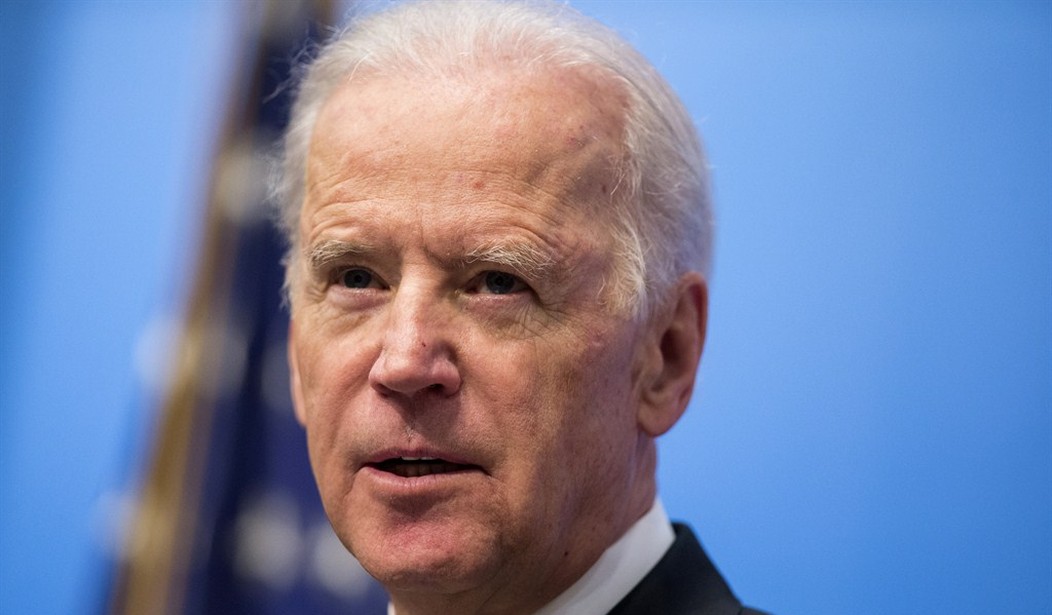Diversity, equity, and inclusion (DEI) and LGBTQ initiatives have become a flashpoint in national debates over issues related to race, gender, and sexuality. Companies have faced criticism for implementing these practices among members of their staff. Those supporting these programs argue that they are necessary to diminish discrimination against people belonging to specific demographics.
However, another dimension of the national DEI conversation is the role of government in promoting these initiatives. The Biden administration has been making significant efforts to push this agenda, spending millions upon millions of taxpayer dollars to fund DEI in the United States and abroad.
This presents a serious problem. The federal government is using the money it takes from American taxpayers to advance a political agenda, which has attracted criticism of the White House’s DEI initiatives.
Since Biden took office, the federal government has doled out huge sums to prop up Diversity, Equity and Inclusion and LGBTQ projects in the U.S. and around the globe.
Biden’s budget, proposed earlier this month, drew attention for its many proposed tax increases and $7.3 trillion in proposed spending.
The White House announced the budget includes $3 billion to “advance gender equity and equality worldwide,” a request that’s several hundred million dollars more than last year’s budget.
On top of that, the budget provides hundreds of millions of dollars to train the next generation of school teachers in progressive orthodoxy on race, gender and sexuality issues.
The Defense Department has fully embraced the DEI movement, allocating millions of dollars to “dedicated diversity and inclusion activities.
Sen. Ted Cruz (R-TX) slammed the Biden administration’s fixation on DEI, characterizing its budget as “a campaign messaging item.” The lawmaker asserted that “DEI is the cornerstone of Biden’s woke ideology.”
The intelligence community has also jumped headfirst into the DEI waters. It recently distributed a DEI newsletter featuring an agent discussing his love of cross-dressing.
This memo went to all 18 bodies in the United States intelligence community.
Here’s a sample of this person’s reasoning.
“I am an intelligence officer, and I am a man who likes to wear women’s clothes sometimes,” the article, titled “My Gender Identity and Expression Make Me a Better Intelligence Officer,” states in its opening line. The author goes on to argue that his decision to crossdress “merits attention given the climate of discussion around the topic and where it sits in the larger conversation about gender identity and expression and professional appearance.”
Sen. Tom Cotton (R-AR) chimed in on the story, asserting that “The Biden administration putting DEI above national security is deeply concerning” and that agents “should spend their time finding terrorists, not worrying about whether they will offend them.”
Jeremy Hunt, a former Army intelligence officer, also criticized the embrace of DEI in the intelligence community.
“Rather than our primary focus being on protecting the homeland, these absurd attempts to police the language of intelligence assessments to make them politically correct will undoubtedly result in lower quality, imprecise and confusing intelligence reports that leave lawmakers and decision makers less informed and unable to make reasoned judgments.”
The focus on DEI in the government is problematic for several reasons.
For starters, it could lead to unintended consequences such as increased division and resentment among employees—especially given how progressives have weaponized the initiative against their political opponents. Implementing these initiatives will likely focus more on fostering groupthink, creating an environment in which people are forced to adopt a certain ideology.
Secondly, pouring money into DEI initiatives distracts from pressing issues that actually impact everyday Americans. People are concerned about inflation, education, crime, immigration, and plenty of other issues the White House has failed to address, not whether government employees are using the proper pronouns or virtue signaling about how antiracist they are.
Lastly, DEI, in many cases, is not a very effective tool when it comes to promoting diversity. Indeed, in some cases, the acronym is meant only to convey the illusion that organizations are genuinely attempting to ensure that people are not being discriminated against. This is because the agenda, in several ways, focuses more on ideology than actual effectiveness.
Regardless of what one believes about DEI, the government should not play a role in promoting these initiatives domestically or abroad. Using taxpayer dollars to push this agenda is a clear example of forcing Americans to pay to advance a political cause. Unfortunately, most people have no idea that their taxpayer dollars are funding far-leftist ideology.













